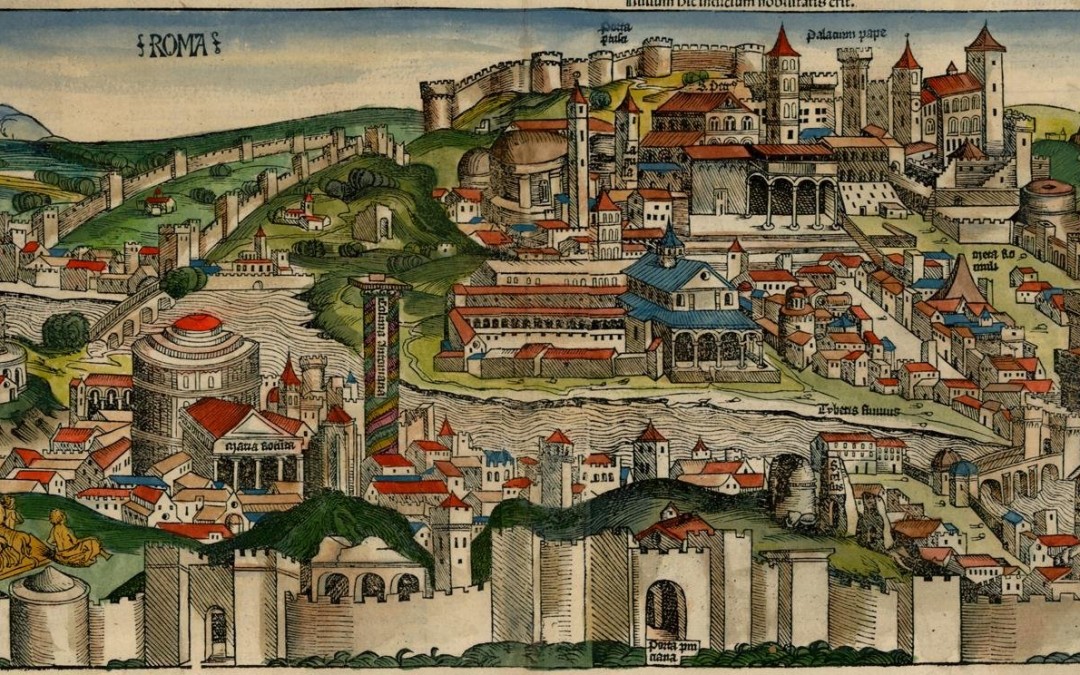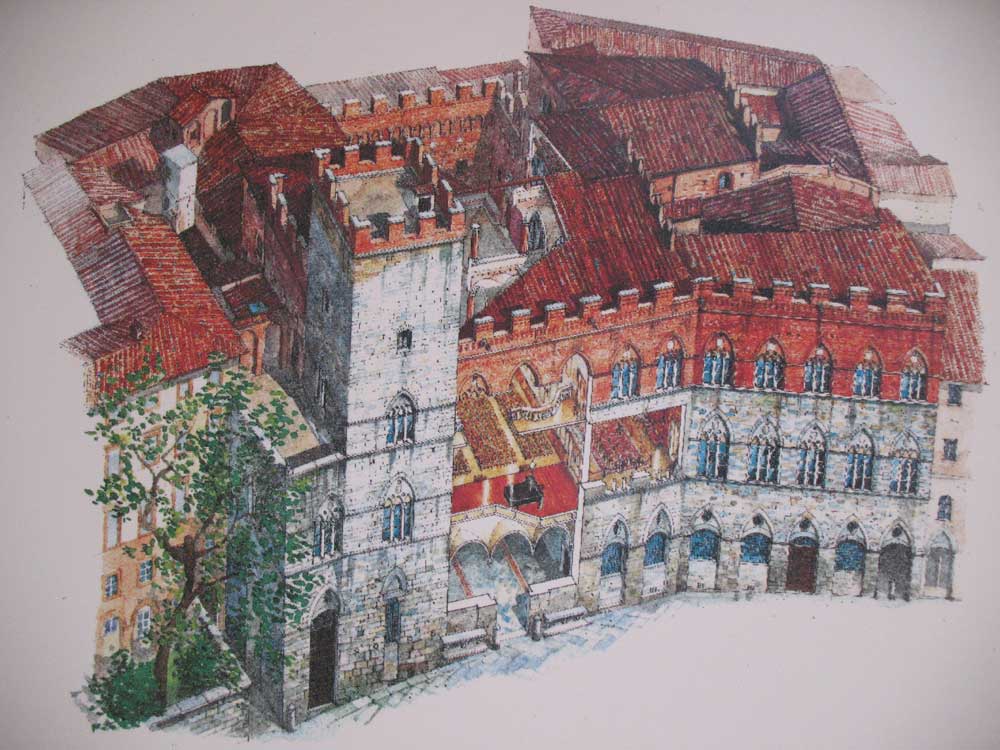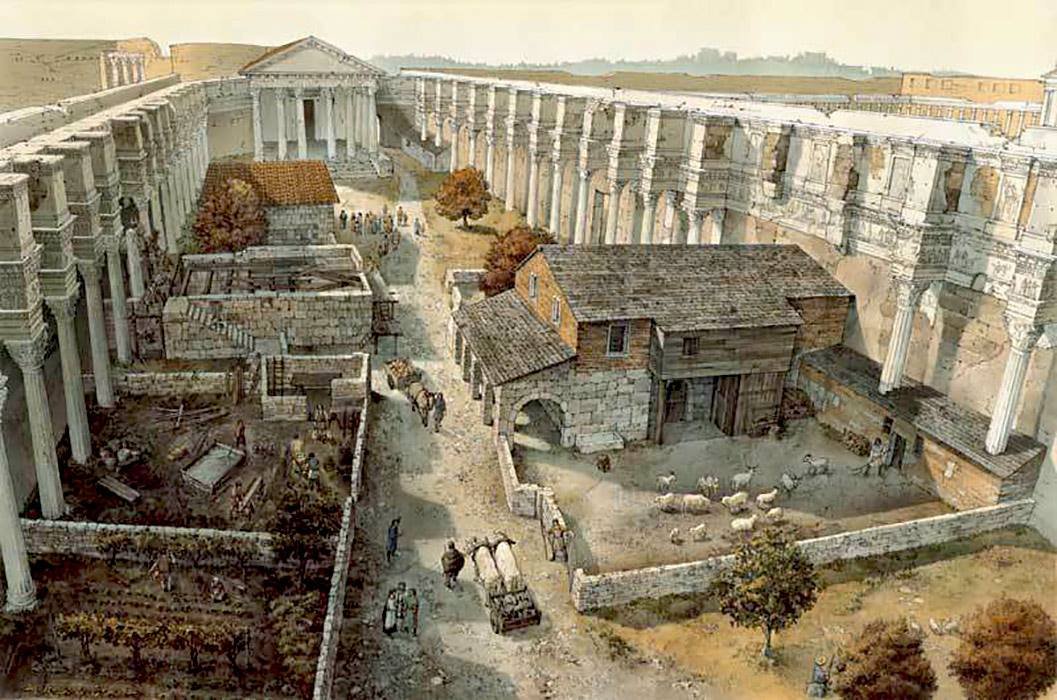
Dei Gratia,
Dominus Urbis

THE MOST EMINENT
HOUSE OF TUSCULUM
DEFENDERS OF THE HOLY ROMAN CHURCH
Mole Sua Stat

Rome had lost its brilliance. A pale shadow of its former self stood where the City of the Caesars once reigned over the entire world. Rome the Eternal had become Rome the Ruin. The Greeks had left a century before. Charlemagne had been dead for fifty years. All that remained were squabbling nobles, riotous mobs and sinful Popes - and all the monuments of yesteryear, consumed by time and debility, constant reminders of past glories lost. Under the colossal dome of the Pantheon, built by the vanished wisdom of the ancients, a man prayed. Theophylactus of Tusculum made a vow before God. Dei Gratia, Dominus Urbis. In a land of corruption and sin, he would unify and purify the Mother Church. He would honor God. He would restore Rome to eternity.
No matter the cost.
***
Welcome to Dei Gratia, Dominus Urbis, an AAR which will narrate the deeds and misfortunes of the House of Tusculum as they strive to restore the Universal Church and serve God - in their own unique way. Our starting characters is Theophylact, Count of Tusculum, in the Old Gods bookmark. We will be using all DLCs and the Historical Immersion Project (HIP) mod, with all modules enabled (including mini-SWMH). Cheats will be used occasionally, but for narrative purpose only and never to accomplish a set goal or give boosts to the player. I intend to play for as long as my (not exactly stellar) PC and real life allow me to. I am a master's student and I am also pursuing a degree in History, so things will be tough in a couple of weeks.
The main inspiration for this playthrough was the TV show Medici: Masters of Florence, which I binge-watched in two days. Naturally, the Borgias, as later Tusculani imitators, are also a source of inspiration. When I started the campaign, I never thought I would make an AAR out of it, but the story took me to some fascinating places that I yearned to share with all the CK2 community. Due to this reason, the first two chapters, covering Theophylactus de' Tusculana and his successor, are quite short, but the story picks up when we get to our third ruler (Edit: on review, I have decided to fully flesh out our first two characters due to the narrative potential of their stories. I did not want them to be wasted).
This will not be a religious AAR. As a disclaimer, I mean no disrespect to the Catholic faith whatsoever - it's just the CK2 experience we are all used to.
With no further ado, I hope you will enjoy the story! Comments are always welcome!
Last edited:
















